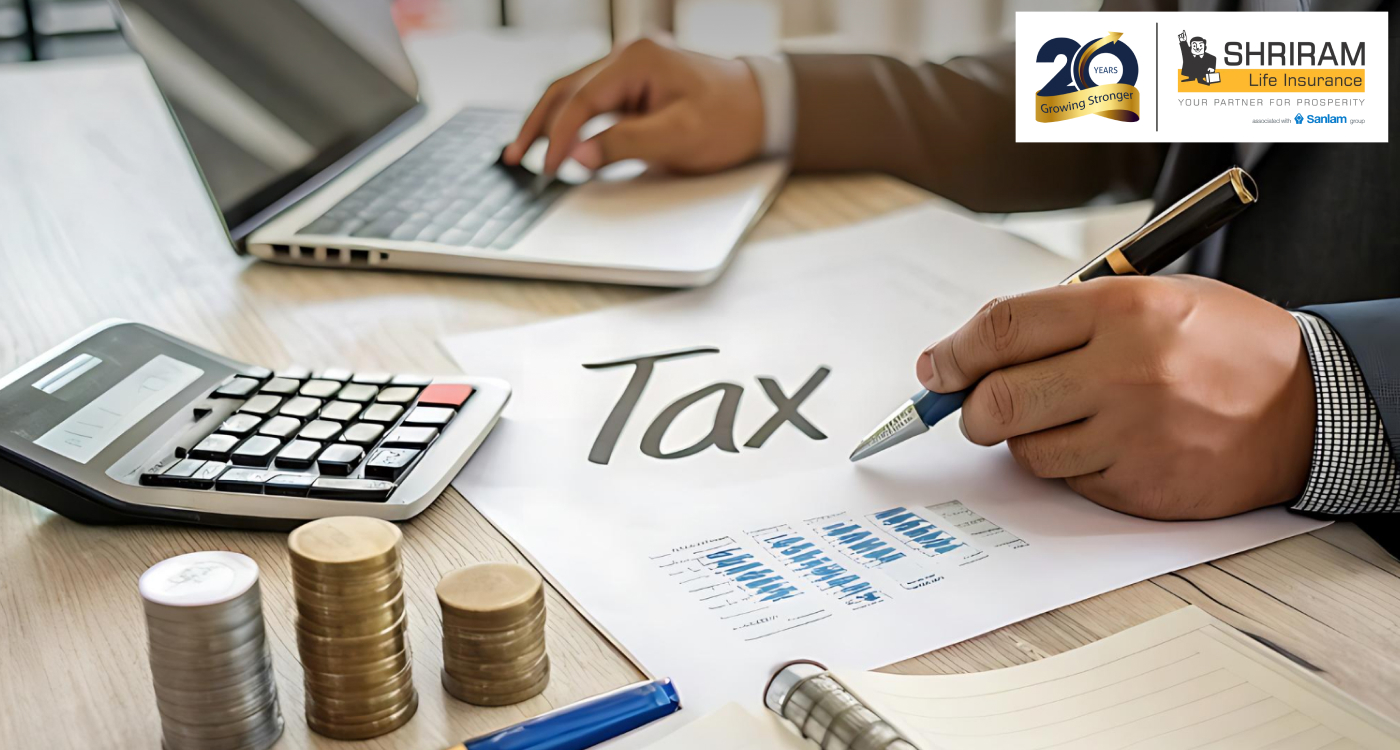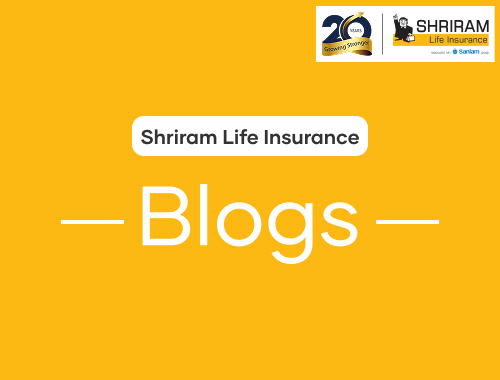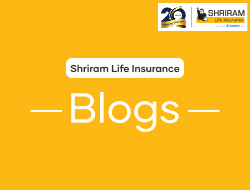What Is 87A In Income Tax?
- Posted On: 22 Oct 2025
- Updated On: 22 Oct 2025
- 1542 Views
- 2 min read

Table of Contents
The Income Tax Act, 1961 is the framework that has been set for taxation in India. Hence, any questions that you may have regarding tax obligations, exemptions, etc. like “what is 87A in Income Tax?” will be answered through the law. As per the Act, Section 87A is a provision that offers a rebate of tax to individuals. However, there are certain conditions that individuals must meet to be eligible. These conditions include that the person should be a resident individual of India and their taxable income should be below a set limit. This tax rebate reduces your overall tax obligation. This essentially means you can reduce or eliminate the amount of tax you must pay even if you fall within a qualifying tax bracket.
The exact amount of money you can get as rebate and the limit if income you must fall under depends on 2 factors. These factors are tax regime you select and the fiscal year.
Financial Year 2025-26
New Tax Regime
Income Cap:
Under the new tax regime, if your total taxable income is under ₹12 lakh, you are eligible for the tax rebate under section 87A.
Rebate Amount:
The maximum tax rebate you receive is determined by your actual tax obligation. The upper limit for this rebate for everybody is ₹60,000. Hence, regardless of your tax obligation, that is the maximum rebate amount you will get. If the rebate you qualify for lesser than ₹60,000, that is the amount you will get.
Outcome:
This tax rebate gives individuals that earn under ₹12 lakh in a financial year exemption from taxes. However, this is only applicable if you choose the new tax regime. If you are a salaried individual, you also are eligible for a standard deduction of ₹75,000. This increases the limit of tax-exemption to ₹12.75 lakh.
Marginal Relief:
For individuals that are only just over the limit of ₹12 lakh of income, there is a marginal relief that the new tax regime provides.
Traditional Tax System
Income Threshold:
The rebate is accessible if your overall taxable income does not exceed ₹5 lakh.
Rebate Amount:
:The highest rebate you can receive is ₹12,500, or your overall tax liability, whichever is lower.
Impact:
:This practically renders income up to ₹5 lakh exempt from tax under the old system.
Essential Eligibility Criteria
Exclusively for Resident Individuals:
The Section 87A rebate is available solely to resident individuals. Non-resident Indians (NRIs) do not qualify.
Relevant Prior to Cess:
The rebate is deducted from your overall tax obligation prior to the inclusion of the 4% health and education cess.
Excludes Special Income:
The rebate is not applicable to every kind of income. For instance, with the updated tax system, it is not eligible for special income such as short-term or long-term capital gains.
How To Request The Rebate?
Obtaining the rebate is an uncomplicated procedure during the submission of your income tax return (ITR).
Compute Your Taxable Income:
Initially, ascertain your overall taxable income following all allowable deductions.
Submit Your ITR:
When you submit your ITR, if your taxable income is within the defined thresholds, the rebate under Section 87A is typically calculated and applied automatically by the tax-filing software.
Verify Automatic Calculation:
The rebate is automatically implemented by the system if you satisfy the eligibility requirements.
OTP Verification
Please Enter OTP that has been sent to your registered
Mobile Number +91
You may be interested in
People also search for
Our Other Popular Plans





